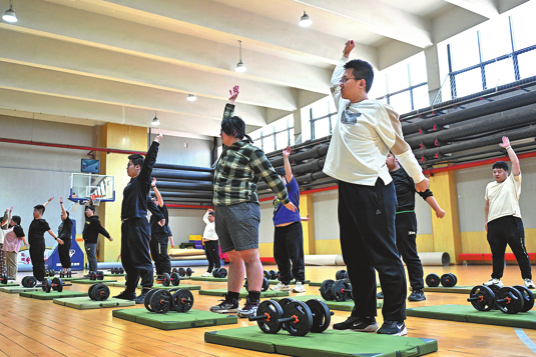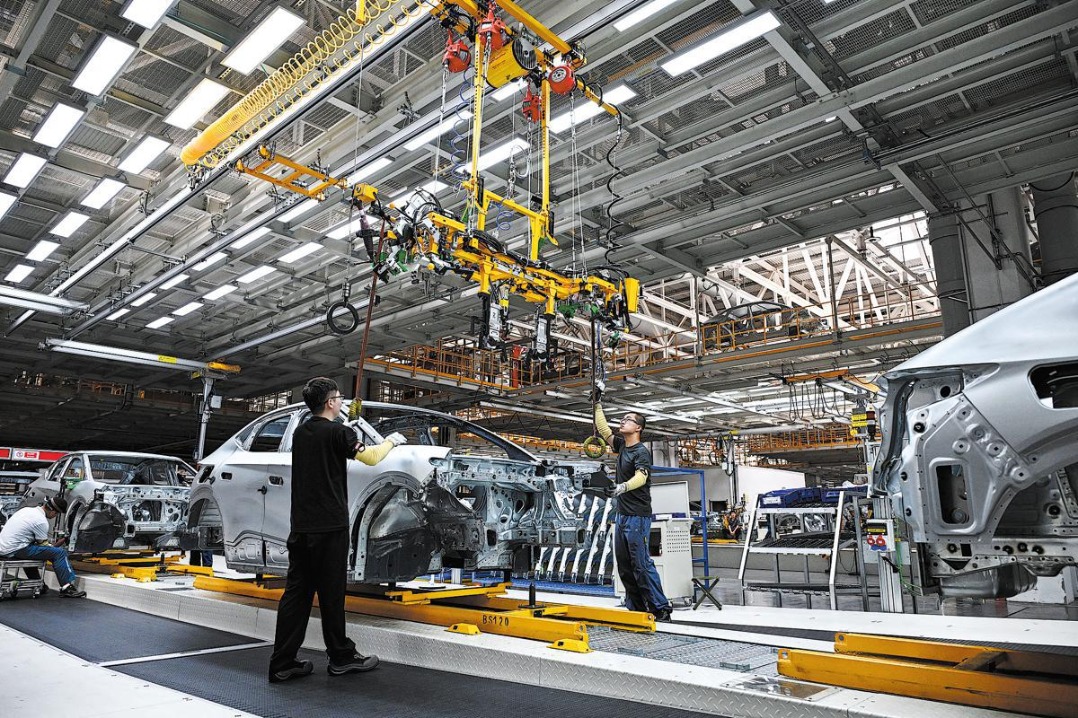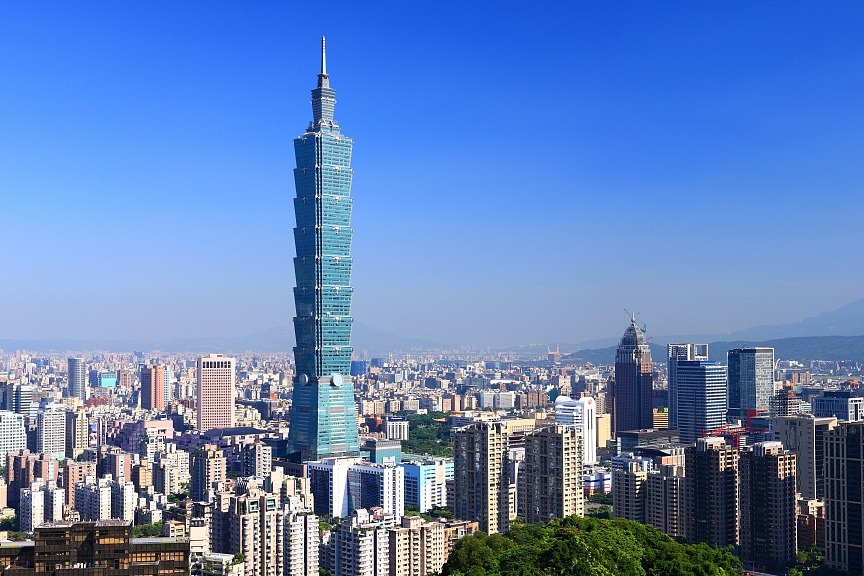End misfortune of fakes in countryside

THE COUNTERFEIT GOODS sold in village groceries are mostly articles of everyday use and food products, which directly threaten the health and wellbeing of about half of the national population. Beijing Youth Daily comments:
The rampancy of fake goods in rural areas is due to weak supervision, which mainly takes the form of crackdowns that are more symbolic than effective. The lack of enforcers in the vast rural areas, rural residents' weak awareness of consumer rights and the fostering of "brands" by those producing fake goods are responsible. Most of fake goods are made in illegal workshops near the retailers thus making them cheaper than the genuine products they are modeled on.
The cheaper prices for the counterfeit goods are the main attraction for the more price-sensitive rural consumers, whose average disposable income is about one-third that of their urban counterparts.
Making the punishments severe enough to deter people from producing and selling fake goods is the first step to halt the illegal practice. Rural consumers should be encouraged to report the fake goods to the authorities in exchange for rewards.
Moreover, companies should be exempted expressway tolls for the transportation of commodities to the remote rural areas to help lower their costs.
There is a national network of supply-and-marketing cooperatives in the rural areas, owned and run by the government since the 1950s, most of which now lie idle in the face of competition from private shops. This historical legacy could be an important channel for the government to provide necessary but affordable products to benefit consumers in rural areas.


































